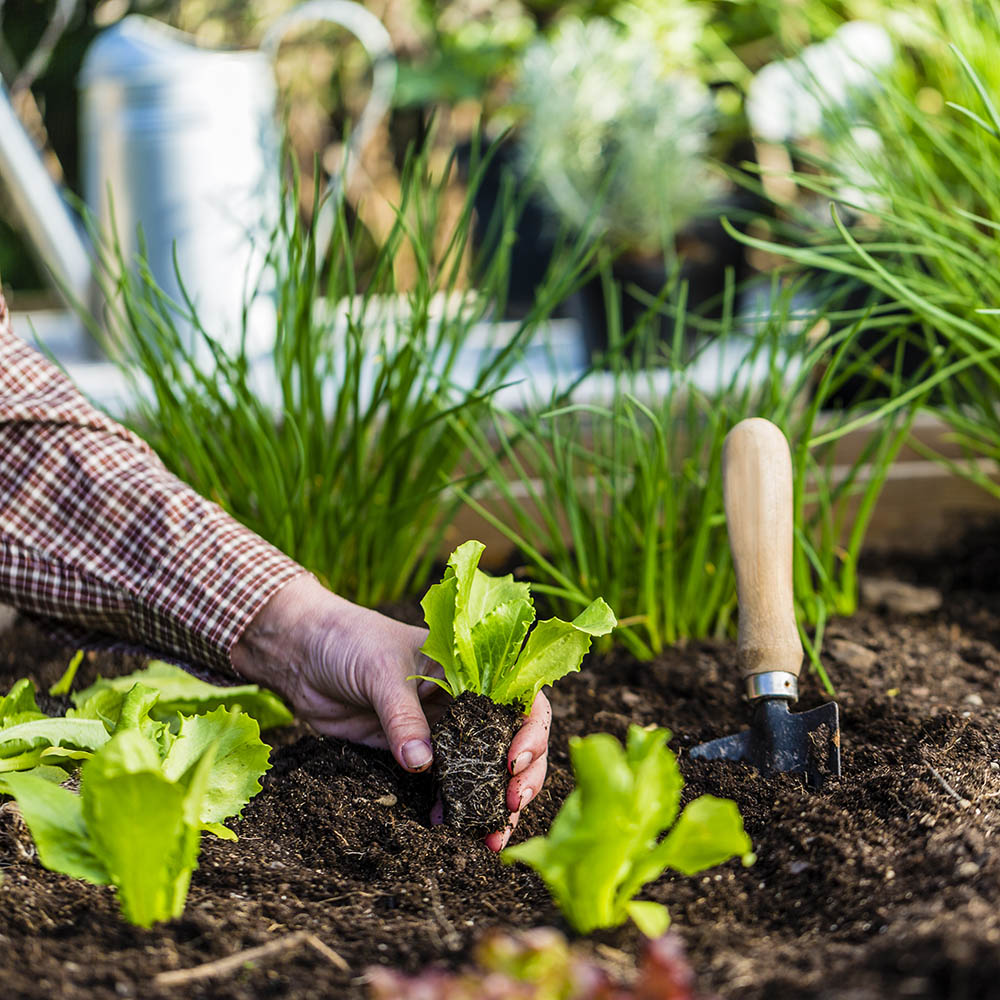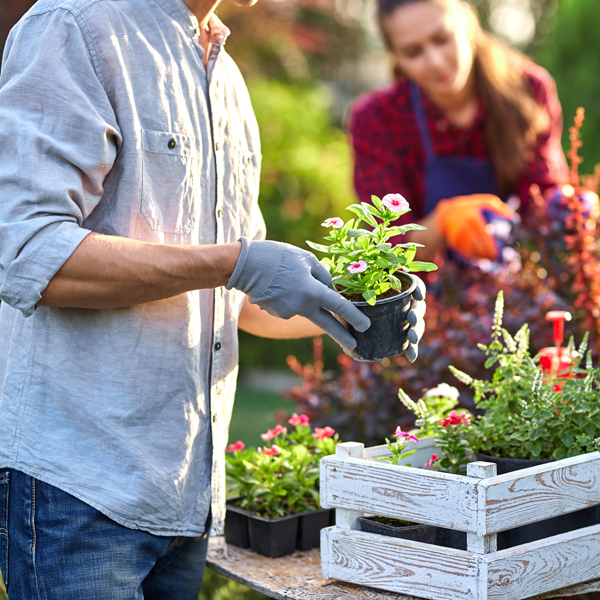Grow Your Abilities: Leading Gardening Tips for Beginners to Make Certain Growing Success
Wiki Article
Growing Environment-friendly Thumbs: a Novice's Trip Into the World of Gardening
Are you eager to obtain your hands filthy and start expanding your very own yard? Look no more! In this write-up, we'll take you on a newbie's trip into the world of horticulture. You'll find out about choosing the right plants, comprehending soil and garden compost, and crucial gardening devices. We'll likewise show you sprinkling and feeding strategies and just how to take care of common yard parasites. Prepare to grow your environment-friendly thumb and watch your yard prosper!Choosing the Right Plants
1. You need to evaluate your horticulture space and identify the number of plants that will fit pleasantly. Because overcrowding can lead to stunted growth and disease, this action is crucial. Action the dimensions of your garden beds or pots and compute the available room. Think about the mature size of the plants you mean to grow. Some natural herbs and veggies need more room than others, so it's vital to do your research study.When you have a clear idea of your horticulture space, it's time to pick the best plants. Consider what you delight in eating or what flowers you find most appealing. Think about the climate and sunlight conditions in your location. Specific plants flourish in full sun, while others like partial shade. Bear in mind of any kind of microclimates in your yard, such as locations that get essentially sunshine than the remainder. This will aid you select plants that are suited to your specific problems.
It's likewise necessary to consider your level of horticulture experience. Decide for plants that are easy to expand and need minimal maintenance if you're brand-new to gardening. Natural herbs like mint, basil, and rosemary are best and flexible for newbies. Furthermore, take into consideration the size of your growing period. If you live in an area with a much shorter growing period., choose plants that have a shorter maturation period.
Understanding Soil and Compost
To make certain the success of your yard, it is critical that you comprehend the relevance of soil and compost. Soil is the foundation of your yard, providing nutrients, water retention, and support for your plants. It is necessary to have a mutual understanding of your dirt type, whether it is sandy, clayey, or loamy, as this will certainly identify the sorts of plants that will thrive in your garden. Compost, on the other hand, is a terrific means to enhance the top quality of your soil. It is composed of raw material, such as kitchen scraps, lawn waste, and leaves, that decay gradually. Including compost to your dirt will certainly enhance it with essential nutrients and improve its framework, enabling for much better water drain and oygenation. You can either make your own garden compost utilizing a garden compost bin or acquisition it from a garden center. Keep in mind, a healthy and balanced and fertile dirt is the key to a successful garden, so put in the time to comprehend your dirt and include garden compost to guarantee your plants thrive.
Essential Horticulture Devices
A great set of gardening handwear covers is a must-have to protect your hands from thorns, prickly plants, and dirt. A garden hose or watering can is important for keeping your plants moisturized. A strong set of trimming shears or secateurs is crucial for cutting and forming your plants.Watering and Feeding Strategies

Taking Care Of Common Garden Pests
As a newbie garden enthusiast, you may experience common yard bugs that can ruin your plants. These pests can vary from bugs like beetles, aphids, and caterpillars, to tiny pets like bunnies and squirrels. It's essential to be able to deal and recognize with these insects effectively in order to shield your plants and guarantee an effective garden.Among the very first steps in taking care of garden parasites is to regularly check your plants for any kind of signs of problem. Look for eaten fallen leaves, holes in the vegetation, or the visibility of small bugs. It's essential to take activity promptly to prevent them from spreading and triggering more damage. if you find any kind of pests.
There are a number of approaches you can use to manage yard parasites. One option is to utilize all-natural killers, such as ladybugs or hoping mantises, to help control the population of parasites. You can additionally use physical barriers, such as fences or netting, to keep bigger pets like home gardening for beginners bunnies out of your yard. Additionally, there are organic insect control sprays readily available that can aid discourage and get rid of typical yard parasites.
Bear in mind, avoidance is key when it pertains to dealing with garden parasites. Keeping your garden free and clean of debris can help in reducing the possibility of an infestation. Frequently eliminating weeds and dead plants can also assist remove concealing areas for insects.

Final Thought
By selecting the right plants, recognizing soil and garden compost, making use of crucial gardening tools, and mastering watering and fertilizing methods, you have actually set on your own up for success. Do not forget to remain watchful in dealing with common garden parasites to ensure your plants prosper.Dirt is the structure of your garden, supplying nutrients, water retention, and assistance for your plants. It is vital to have a good understanding of your soil kind, whether it is sandy, clayey, or loamy, as this will certainly identify the types of plants that will certainly grow in your yard. Bear in mind, a healthy and fertile soil is the key to an effective garden, so take the time to comprehend your soil and integrate garden compost to ensure your plants thrive.
As a beginner garden enthusiast, you might run into common yard pests that can inflict mayhem on your plants. It's important to be able to deal and recognize with these parasites effectively in order to shield your plants and make certain an effective garden.
Report this wiki page